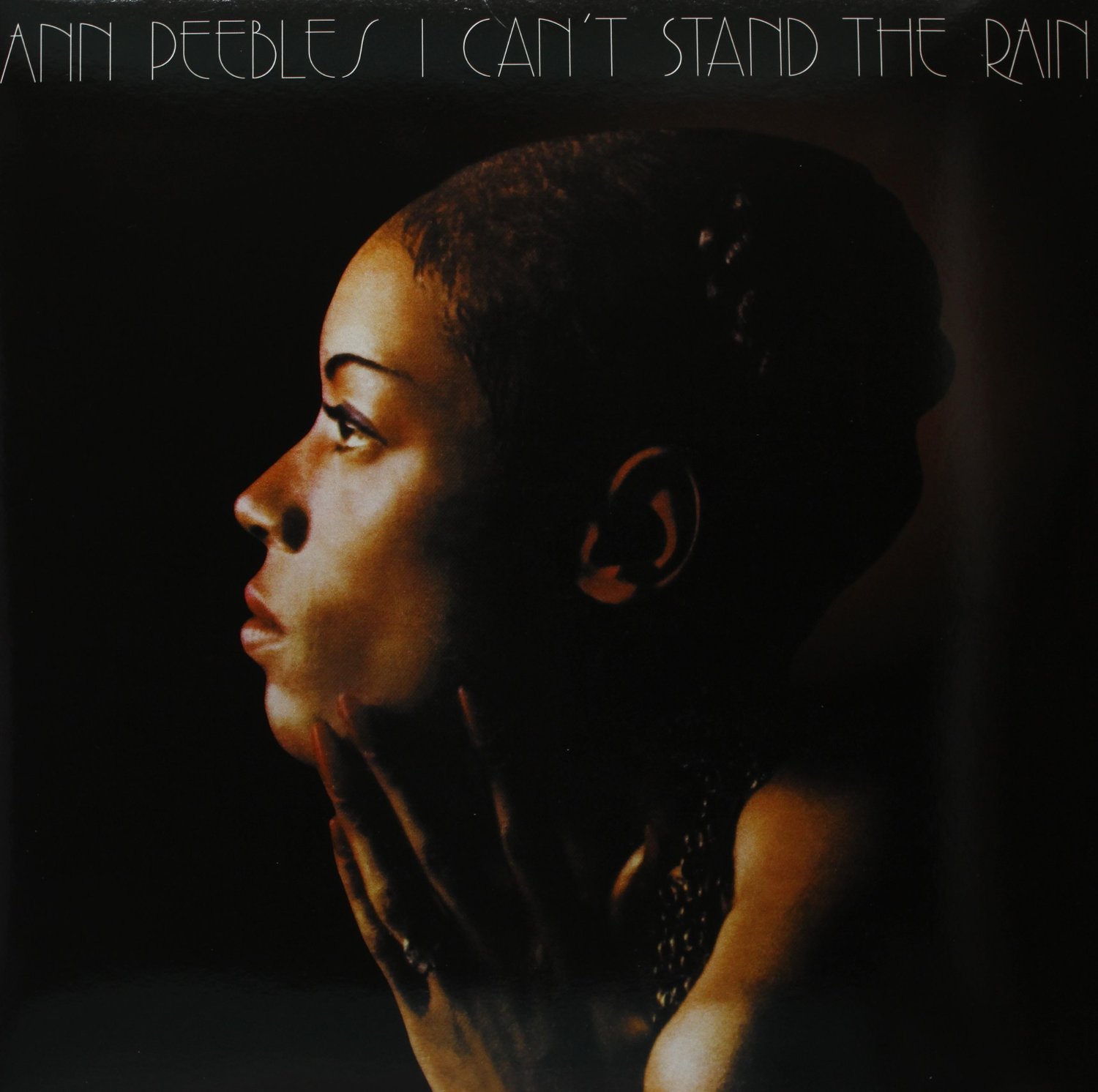The Questions: Tro'juan Henderson
Name: Tro'juan HendersonHometown: New Orleans, Louisiana and Dallas, TexasAge: 26.Age You First Fell in Love: 23Love Is: Love is a wild heart. It's fearful, courageous, secure, and unashamed. I feel it is to know that many things change, but that she, that her presence remains constant. It's sacrifice, it's empathy and more. Shit, I'm still learning, lol. Be patient with meDo you believe in black love?I don’t believe in black love, I look at love as just that. I don’t believe it should be confined to anything. Love is open. I think blacks have endured more than others; so therefore, we stick together or have this relationship that differs and that varies from race to race. But I don’t see any benefits in black love, I actually see it as possibly hindering one from the bigger picture. I love who I love. Regardless of race. The benefits are in her heart.What examples of relationships did you have growing up? My examples were not positive. My folks were married. They influenced [me] in many ways, negatively because I gained a negative perception of black women [through] stereotypes and was fearful of marriage. There was much communication, not effectively though. They talked at each other and not to each other. Somehow til this day I think my parents fell out of love and into tolerance. That’s what I’m afraid of.What is your favorite black musical genre? Hip-hop, jazz, R&B. Something about the struggle. It’s honest, especially the 80-90’s era of music. It felt so authentic, so genuine.What influence has music played in your life? Music is the way I move, the way I walk, the way I talk. At times I’m not the best at verbalizing my thoughts and feelings. Music does [that] for me. I like the beats. The production paints a picture for me; before I even hear the words, I have a feeling. I see the sound. Puts me in a weird trans yo lol. Upbringing was Pac, Donny Hathaway, Anita Baker, UGK, Frankie Beverly and Maze. Donny Hathaway's A Song For You always gets me. Gets to the core of my spirit. Makes me break so beautifully. Never heard a man sing so openly, nor love so unashamed.Does religion matter to you in a relationship?No, however I am receptive to their opinions and feelings. I would date someone from another religion. I just feel love is the overall message. Morality is key, and my lack of religion shouldn’t dictate what I’m capable of.Would you consider yourself to be a sexual person? I’m open to explore, I think often times [we] as black men are so homophobic and confined to this box that we aren’t open minded to things that could possibly heighten our experiences. Yet, to each [their] own though.What turns you on? A woman who is able and willing to teach [me] in various areas is a turn on.How do you handle a breakup? Are there particular songsDepending on the reason, I get very depressed. Lock up. Isolate myself. I blare my music and let the bass kick in. I reminisce. I cry. Sometimes I’m not in the best space and I fail to take care of myself. I’m working on getting better.Donny Hathaway's Giving Up helps me. He sings,Giving up, so hard to do I said I've tried, but it just ain't no use But my light of hope is burning dim, but in my heart I pray That my love and faith in the girl. My love...will bring her back someday.Maybe that’s not so helpful, I have a hard time letting go. Still in love with her.Do you believe your personal history has influenced how you love?I believe it has impact, it scares. At times I allow it to hinder me. I’m afraid of love, I’m afraid of not being enough for her, for myself. At times my past, [my] family structure makes it a bit hard to believe that one can love me, I’m unsure why at times. However, it helps me because I love super hard due to that fear.What kind of love do you want to receive?Just open. I don’t know, I feel like I’ll know it when I feel it, and I do feel it. Just can’t describe. That’s where music comes into play lol.Who is your favorite artist? Donny Hathaway and Al Green. Donny’s I’ll Love You More Than You’ll Ever Know (Live) and “Simply Beautiful” by Al Green. It’s so vulnerable. Pierces through the core of my soul. Leaves me floored. I want that love, that feeling. I want a reason to come home and to miss someone. To know what it is to have that flame and to keep it ignited. To know the art of love and language. The art of unintentional damage, yet impactful. The art of effective communication. The art of a broken heart attempting to love again.

 Thirty - five years ago today, my father arrived in America. My mother would join him the following January.He came on a scholarship to obtain his Masters from Denver University. He came to escape what would become the First Liberian Civil War - a twenty year conflict that would claim the lives of millions. I have never taken for granted the sacrifice and isolation of my parents' immigrant experience; the abuse from both white and Black America. As Africans, they were thrust into the strange dynamic that is race relations in this country. They endured to ensure my sister and I were given opportunities to thrive.The story of my parents is not unlike many immigrants who traveled great distance to give privilege to their children. They experienced the American Dream in its most convoluted definition.The United States of America has long has conversations surrounding its migrant and immigrant population - and as we move towards nationalist policies, the sacrifices my parents made are now in jeopardy, more than ever before. My own citizenship is in danger (though a huge constitutional fight must first be won).As the world focuses on the sweeping caravan of migrants coming from Central and South America - the story of Black immigrants is often lost amongst the clutter. Black immigrants often face higher rates of incarceration and deportation - America's inherent racism not lost in its immigration practices.As we wait to see what comes of Trump's newest nationalist suggestion - let us not forget Black immigrants and their children.
Thirty - five years ago today, my father arrived in America. My mother would join him the following January.He came on a scholarship to obtain his Masters from Denver University. He came to escape what would become the First Liberian Civil War - a twenty year conflict that would claim the lives of millions. I have never taken for granted the sacrifice and isolation of my parents' immigrant experience; the abuse from both white and Black America. As Africans, they were thrust into the strange dynamic that is race relations in this country. They endured to ensure my sister and I were given opportunities to thrive.The story of my parents is not unlike many immigrants who traveled great distance to give privilege to their children. They experienced the American Dream in its most convoluted definition.The United States of America has long has conversations surrounding its migrant and immigrant population - and as we move towards nationalist policies, the sacrifices my parents made are now in jeopardy, more than ever before. My own citizenship is in danger (though a huge constitutional fight must first be won).As the world focuses on the sweeping caravan of migrants coming from Central and South America - the story of Black immigrants is often lost amongst the clutter. Black immigrants often face higher rates of incarceration and deportation - America's inherent racism not lost in its immigration practices.As we wait to see what comes of Trump's newest nationalist suggestion - let us not forget Black immigrants and their children.



